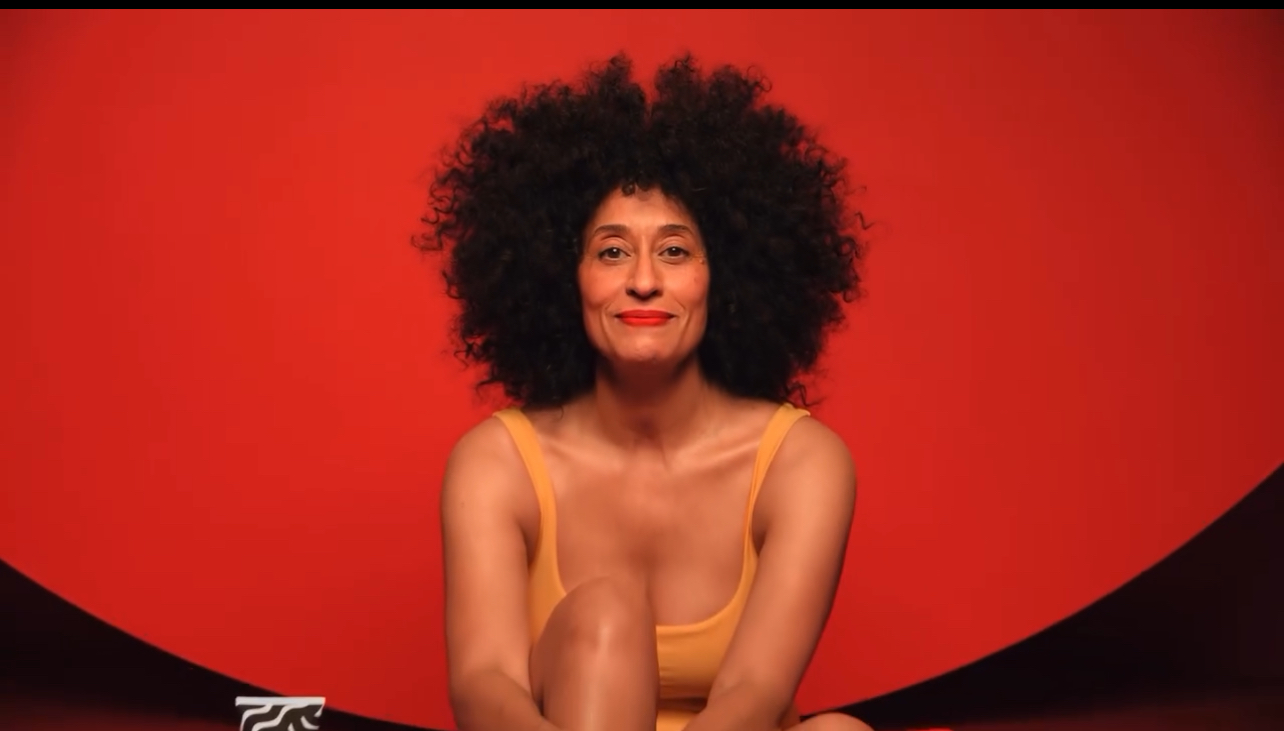Letitia Wright and Golda Rosheuvel in ‘Not Your Superwoman’: why this mother-daughter drama lands where it hurts and heals.
Two household names, Letitia Wright (Black Panther) and Golda Rosheuvel (Bridgerton), lead a compact two-hander that asks a blunt question: when we tell women to be strong, who absorbs the cost across time. In Emma Dennis-Edwards’ new play at London’s Bush Theatre, a trip to Guyana to scatter a matriarch’s ashes becomes an audit of what was sacrificed, what was protected, and what love looks like when survival skills no longer fit. Reviews confirm the bare facts and the pull of star power, but the more important truth is simpler. The production creates a small room where many Black families, migrants, and Gen X parents will recognize themselves and the decisions that felt necessary in one decade yet feel heavy in the next.

The play pairs Erica (Wright) and Joyce (Rosheuvel). Erica speaks fluent wellness and boundary setting. Joyce speaks fluent making sure the light bill gets paid. Onstage, they circle each other through jokes, side-eye, and sudden flashbacks, at points embodying earlier generations to show how habits harden and then get inherited.
“It is basically looking at what it means to be a woman, and specifically a Black woman trying to navigate life and carry everything,” says Letitia Wright, reframing strength as a choice rather than a performance.
Critics differ on structure and polish, yet they converge on how the performances keep the temperature human. Joy can arrive as karaoke or dancing. Hurt can arrive as a throwaway line that lands like a bruise. You can feel the way a mother’s caution was once a life jacket and now feels like a weight.
The title argues with a familiar script. Strong. Tireless. Self-sacrificing. Superwoman as an identity can be proud, but as an expectation it can be punishing. Midlife readers will recognize the pivot point. In your twenties and thirties, resilience is a currency. In your forties, fifties, and sixties, untreated stress starts collecting interest. The play does not lecture. It shows. A joke covers a fear. A rule covers a regret. When that mask slips, the room goes quiet because everyone knows the feeling. Reviewers note a few story threads that blur near the end. Even so, the thematic target is clear. Strength without recovery breaks people. Strength with care can rebuild them.
Many Midscroll readers hold two roles at once. You are an adult child who can finally name what was missing, and you are a parent who knows exactly why your own rules are so tight. That double vision is the play’s engine. It gives language to a common tension: I gave you better meets I needed different. For migrants and diaspora families, the stakes feel even sharper. Safety once meant code-switching, swallowing feelings, and pushing through. A younger generation now asks for honesty, rest, and mental health care. Both sides are right about something. Both are afraid of losing what the other believes saved them. The production lets that conversation breathe without turning either woman into a villain.

“Whether she wants to or not, she is passing her trauma down to her daughter,” Golda Rosheuvel says of Joyce, which is exactly the inheritance the play dares to name onstage
Director Lynette Linton keeps the evening lean, roughly 80 to 85 minutes without an interval, which preserves momentum and prevents the heavy parts from curdling. The design and pacing invite the actors to shape-shift across time, so memory feels less like a lecture and more like a discovery the audience is making with the characters. Even critics who wanted more clarity in late flashbacks credit the steady hand that keeps the focus on feeling rather than furniture moving. For some, that restraint reads as a soft spot. For others, it reads as trust.
The show’s best scenes are quiet. A daughter flinches at a playful jab. A mother rehearses a sentence before saying it out loud. Those beats land because the play understands how families negotiate love. Someone offers a story trimmed of its hardest parts. Someone else asks for the missing minutes. In those small negotiations you can hear a practical guide for real life. Tell the truth kindly. Retire strategies that kept you safe but now keep you distant. Leave space for the laugh that makes hard talk possible. The night ends without neat heroics, which feels right. Breaking a cycle rarely looks cinematic. It looks like the first time a family decides not to rush past one another.
“We hope that audiences will leave and want to have their own difficult conversations,” Rosheuvel adds. The play offers language and a little courage for that first attempt.
Bush Theatre lists ages 14+ and a running time around 1 hour 20 to 1 hour 25 with no interval. Multiple outlets list booking from 6 September through 1 November 2025. Seats are selling across official and reputable ticket platforms. If you value an audience that leans in rather than leans back, this is one to catch while it is still in an intimate space.
Not Your Superwoman is not asking anyone to throw away grit. It is asking women who were taught to lift everything to consider what would happen if strength were shared, named, and timed. The play’s clarity comes from its scale. Two people. Three generations. One question that keeps repeating until someone answers it with care. If you leave the theatre thinking about who taught you to be strong and who might need you to be soft, the production has already done its work.
Discover more from MidScroll
Subscribe to get the latest posts sent to your email.



